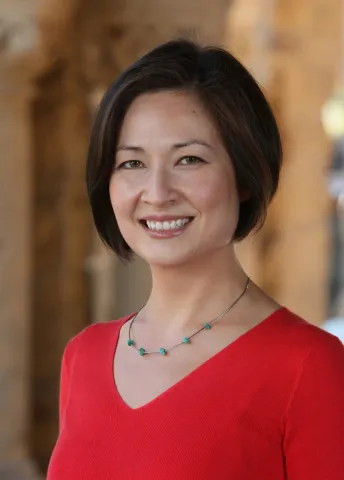
Jamie Johnston

I first developed an interest in education research as an undergraduate at Northwestern University and through a public policy degree at the University of Chicago. Subsequent opportunities to work in multiple countries strengthened my desire to understand how education policies can work to improve the lives of disadvantaged students globally. Through work for the U.S. Department of Education and as a Fulbright fellow in Hong Kong, I worked with large-scale international assessment data to understand achievement gaps. This opened my eyes to the educational disparities not just between countries, but within countries as well. Prior to arriving at Stanford, I spent several years in Mongolia with Innovations for Poverty Action, managing field operations for three large randomized controlled trials examining the impact of interventions to combat poverty.
As a PhD student in the ICE program, I was immediately able to jump into research investigating how educational policies and programs can improve the situation of marginalized students. Specifically, my work focuses on using experimental and quasi-experimental methods to understand how technology can improve the learning outcomes of remote and underserved students. I have several ongoing projects looking at the effectiveness of online and distance learning models in Mongolia, Ghana, and the US.
The ICE program offers the perfect combination of breadth and depth, with flexibility to allow students to craft an experience that best fits their specific interests. While the program’s core courses ensure that students have a strong foundation in the field of comparative education as well as in quantitative and qualitative research methods, students are also encouraged to concentrate in a disciplinary area. Alongside the PhD, I earned an MA in Economics and have taken a range of courses outside the School of Education.
Beyond coursework, the ICE program offers students the unique chance to learn from and work with an exceptional set of faculty. The opportunity to work with leaders in multiple disciplines has contributed to my growth as a scholar in a way that would otherwise not have been possible. Likewise, the quality of my learning and work has been deeply enriched by my peers in the program, who come from all over the world and are engaged in innovative research across a plethora of areas in education.
